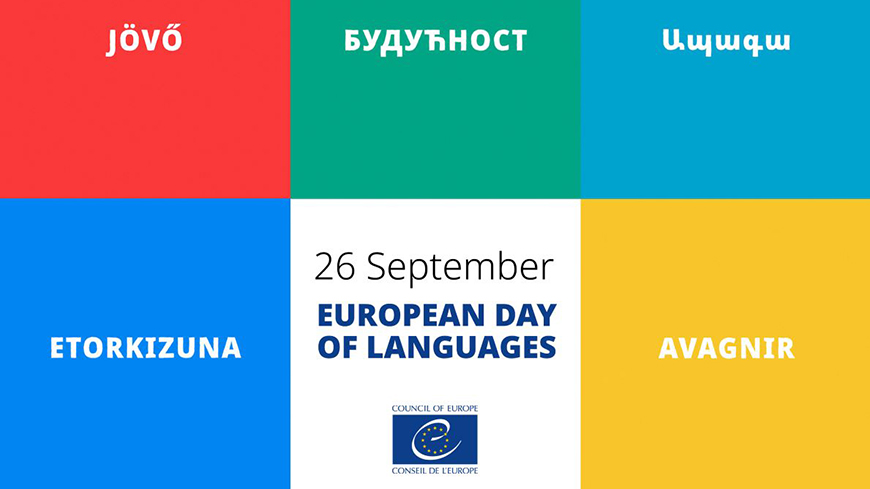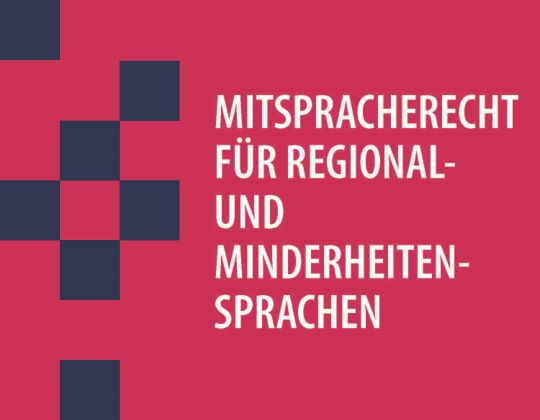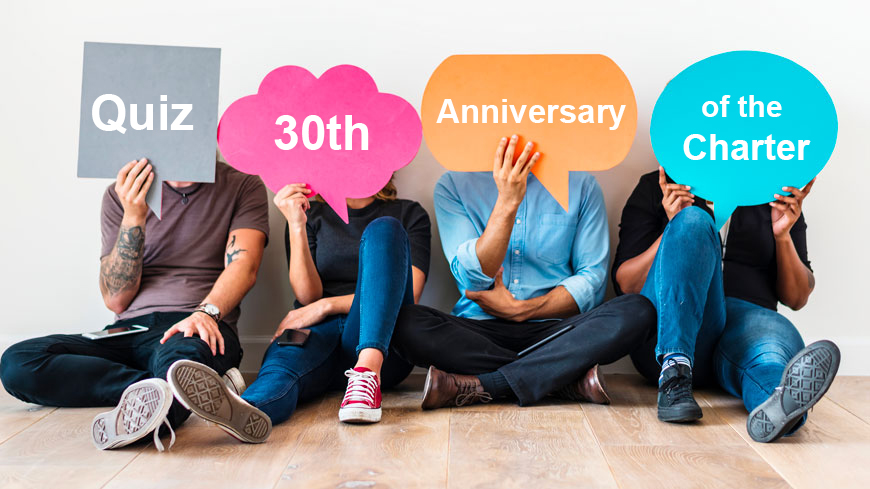In a speech given today at the roundtable ”Shaping the Future of Linguistic Diversity: Digitalization and Youth”, organised in Brussels by the Network to Promote Linguistic Diversity (NPLD) on the occasion of the European Day of Languages, Jarmo Lainio, first vice-chair of the Committee of Experts of the European Charter for Regional or Minority Languages (the Charter) highlighted the importance of promoting linguistic diversity during times of digital change.
“The digital environment is reshaping lives in many ways, especially for children, leading both to opportunities and risks; in this context, access to information in the child’s language is fundamental”, he stressed.
While face-to-state education remains essential due to its benefits in social interaction and integration, online education has the potential to provide diverse groups of people the opportunity to participate in education at various levels. However, successful online teaching requires changes in teaching methods, and the quality of online teaching is as important as its availability. This is why comprehensive supporting policies, in addition to face-to-face education and real-world classroom activities, should be developed in order to foster access to online learning for speakers of regional or minority language.
The rise of artificial intelligence (AI) marks a new era of technology which can also facilitate the everyday use and promotion of regional or minority languages and their transmission to the next generation. Jarmo Lainio recalled that states should include the promotion of regional or minority languages in their policies, legislation and practice on digitalisation, promote the inclusion of such languages in research and study on AI and develop, in co-operation with the users of regional or minority languages and the private sector, a structured approach to the use of AI applications in the different fields covered by the Charter.
He emphasised that new technologies, the Internet and social media have been for many years part of the focus of the Committee of Experts. He concluded by stressing that the Charter, as the Council of Europe treaty for the protection and promotion of regional or minority languages, is fully adapted to the challenges of the dynamic world.
Further reading:
- Recommendation CM/Rec(2018)7 of the Committee of Ministers to member States on Guidelines to respect, protect and fulfil the rights of the child in the digital environment
- New technologies, new social media and the European Charter for Regional or Minority Languages
- Statement of the Committee of Experts on online education
- Statement of the Committee of Experts of the European Charter for Regional or Minority Languages on the promotion of regional or minority languages through artificial intelligence





